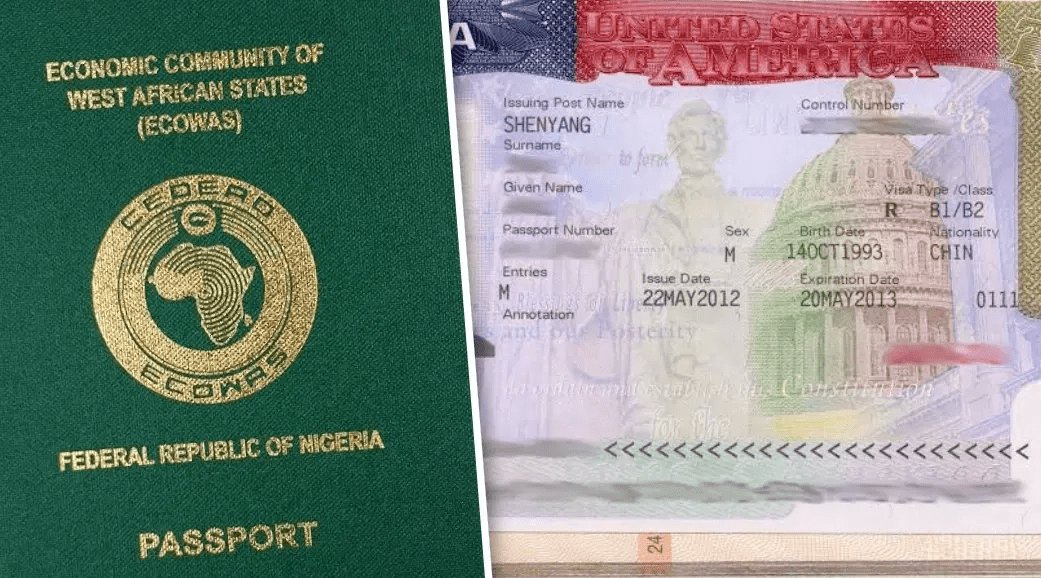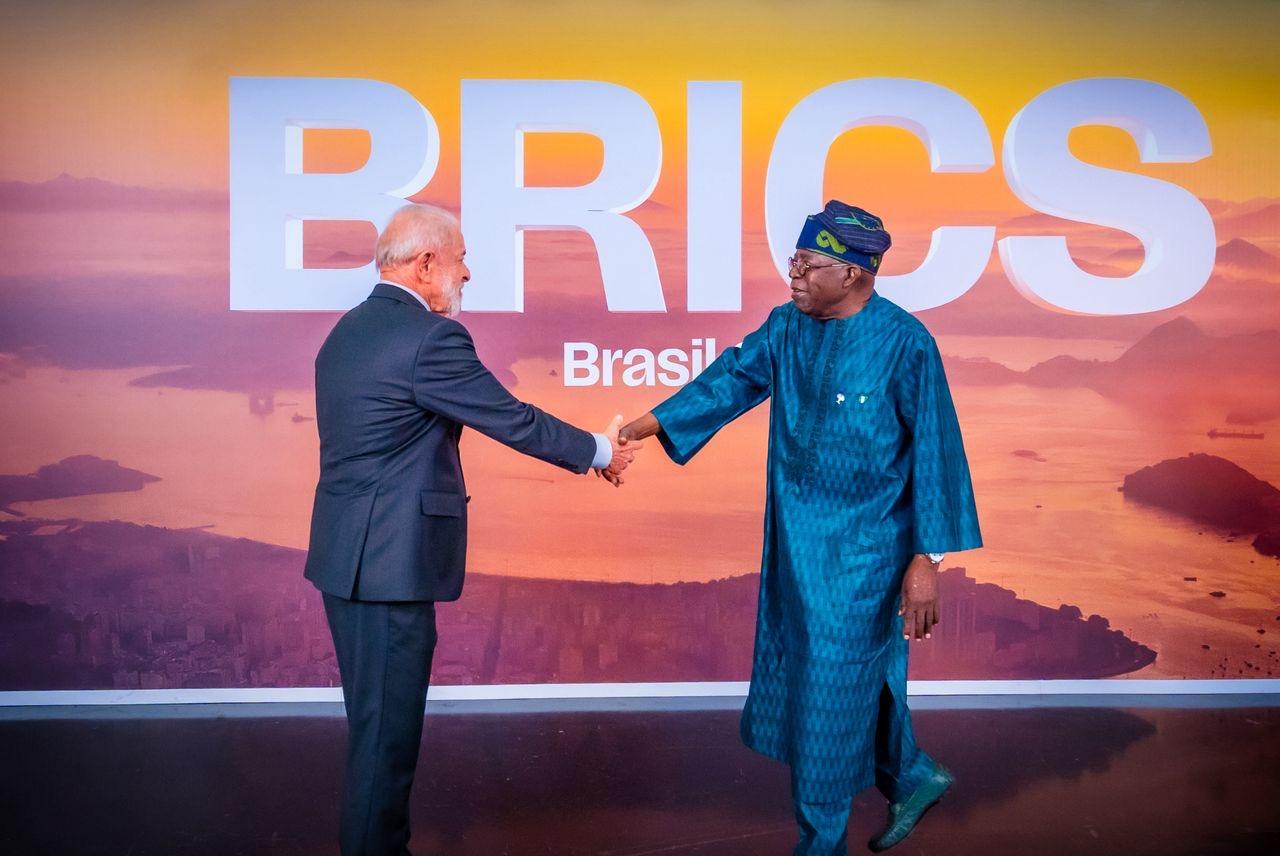
UPROAR AS U.S. IMPOSES NEW VISA RULE: STUDENTS MUST MAKE SOCIAL MEDIA ACCOUNTS PUBLIC OR FACE DENIA

In a move that has triggered immediate global reaction and sparked fears over personal privacy, the United States Embassy has announced a sweeping change to its visa vetting process. All student visa applicants must now disclose their social media handles and ensure that their personal profiles on those platforms are set to “public,” making them fully visible to immigration officials. The directive, confirmed by the U.S. Embassy, is part of what it describes as “enhanced security procedures” aimed at identifying potential threats early in the application process.
This startling development, which affects thousands of international students seeking academic opportunities in the United States, has thrown the global education community into a frenzy. Critics are accusing the U.S. government of veering into invasive surveillance territory, while defenders argue that national security must remain the top priority. Either way, the impact is already reverberating across continents, particularly in countries like Nigeria, India, China, and Pakistan—nations that account for some of the highest numbers of student visa applications annually.
According to embassy sources, this new requirement mandates students to list all their active social media handles—including but not limited to Facebook, Twitter (now X), Instagram, TikTok, LinkedIn, and even Snapchat. Furthermore, these accounts must be accessible to U.S. immigration officers by switching privacy settings to “public,” which allows consular staff to comb through an applicant's posts, likes, shares, and comments. Applicants who fail to comply risk visa delays, denials, or in some cases, blacklisting.
“We are committed to protecting the United States from individuals who may pose security risks, and social media is a critical tool in that vetting process,” a senior official at the U.S. Embassy stated under the condition of anonymity. “This isn't about prying into people's personal lives—it's about ensuring transparency, accountability, and the safety of American communities.”
But the backlash was swift and unrelenting. Privacy advocates, student unions, legal experts, and immigration counselors have condemned the directive as discriminatory, excessive, and even unconstitutional by international standards. Critics argue that this level of intrusion into a person's digital life could lead to unfair interpretations of jokes, cultural expressions, or political opinions that may be taken out of context.
“Are we saying now that a meme, a tweet from five years ago, or a dance video on TikTok could determine a student's future? This is Orwellian,” remarked Dr. Lisa Cheng, a New York-based immigration attorney who has represented hundreds of foreign students. “We are setting a dangerous precedent by normalizing surveillance in the name of security.”
In Nigeria, where the number of students seeking higher education in the U.S. has steadily increased in recent years, the news has ignited panic. Several applicants took to social media to voice their outrage and confusion. Many expressed fear that opinions or content they posted in their teenage years could now be weaponized against them.
“I have nothing to hide, but I also don’t want my private life being dissected by strangers. What if I posted about police brutality or criticized a government? Will they think I'm radical?” asked Amaka Ugochukwu, a 22-year-old university graduate who recently gained admission into a graduate program at Columbia University. “I’m now seriously considering deferring or applying to Canada instead.”
The timing of this announcement is also being questioned. With rising tensions over immigration policies globally and growing concerns about AI-powered profiling, many believe the U.S. is moving closer toward a model of automated judgment that strips away nuance and context from human communication.
Cybersecurity experts are also raising red flags about the unintended consequences of this policy. Making accounts public opens students to cyberstalking, harassment, identity theft, and even online hate campaigns. “Forcing people to expose their personal lives online without context is not just irresponsible—it’s unsafe,” said Pablo Martinez, an internet privacy researcher at the University of California, Berkeley.
Despite the outcry, the U.S. State Department insists that this move is consistent with existing protocols and merely formalizes what has been an informal process in the past. Since 2019, visa application forms have already required disclosure of social media handles, but setting accounts to public was not explicitly demanded—until now.
The new rule will go into effect immediately and applies to all categories of student visa applications (F, M, and J), including renewals and transfers. Existing visa holders are reportedly not affected, although they may face scrutiny during future applications if their social media behavior is flagged as “concerning.”
While the U.S. government defends the new measure as necessary in the fight against extremism and fraud, students and universities alike are warning that this could result in a chilling effect on academic mobility. Several institutions—including Harvard, MIT, and Stanford—have called for a review of the policy, urging the State Department to prioritize academic freedom and individual privacy.
“America has always been a beacon of intellectual freedom,” read a joint statement issued by a coalition of Ivy League universities. “Policies that force students to compromise their privacy or self-censor their expression risk undermining the very values that make our education system a global leader.”
In the meantime, immigration consultants are scrambling to advise clients on how to sanitize their online presence. Some are now offering "digital hygiene services," helping applicants scrub or archive potentially controversial content and guiding them on how to appear “neutral” online—services that may now become an unfortunate necessity in the U.S. visa process.
For students with years of social media activity, the dilemma is real. Do they delete old posts that might be misinterpreted? Do they stop posting altogether? Or worse, do they conform their views to fit what they believe the U.S. wants to see?
The world will be watching closely to see how this policy unfolds, but for now, one thing is clear: in an era where borders are increasingly policed not just by walls but by Wi-Fi, students seeking the American dream must now pass not only academic tests—but also digital ones.


